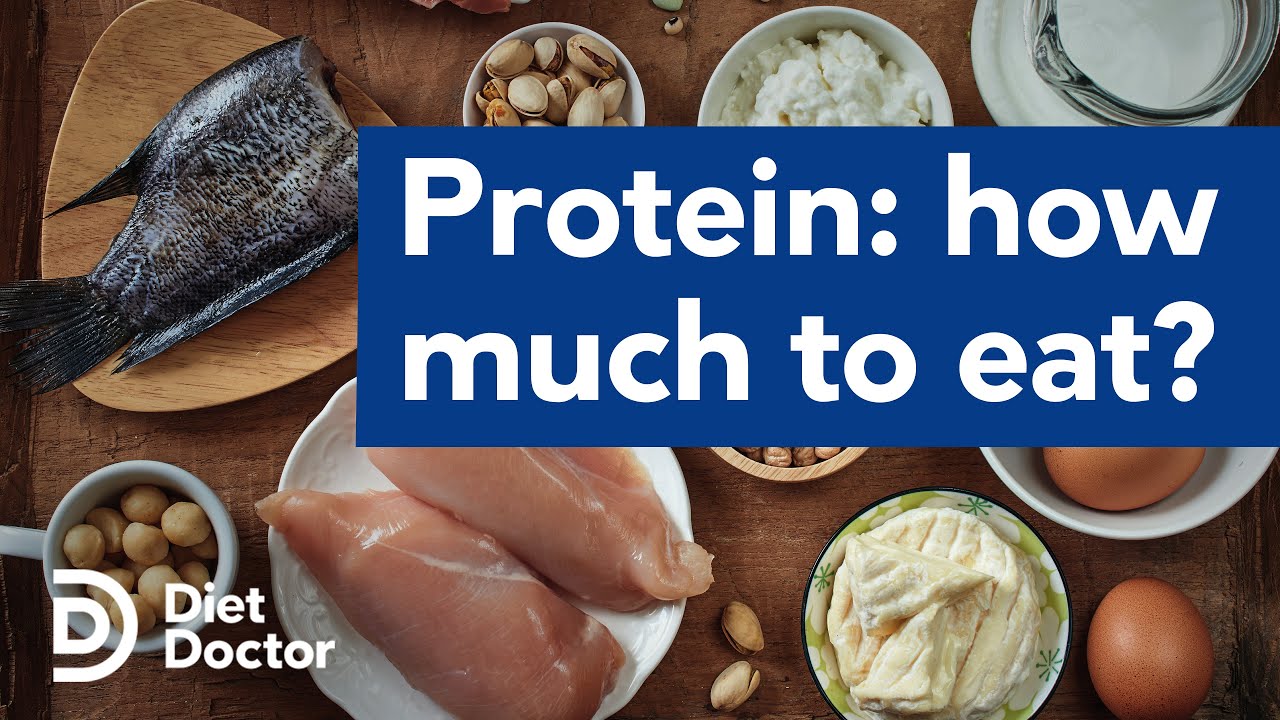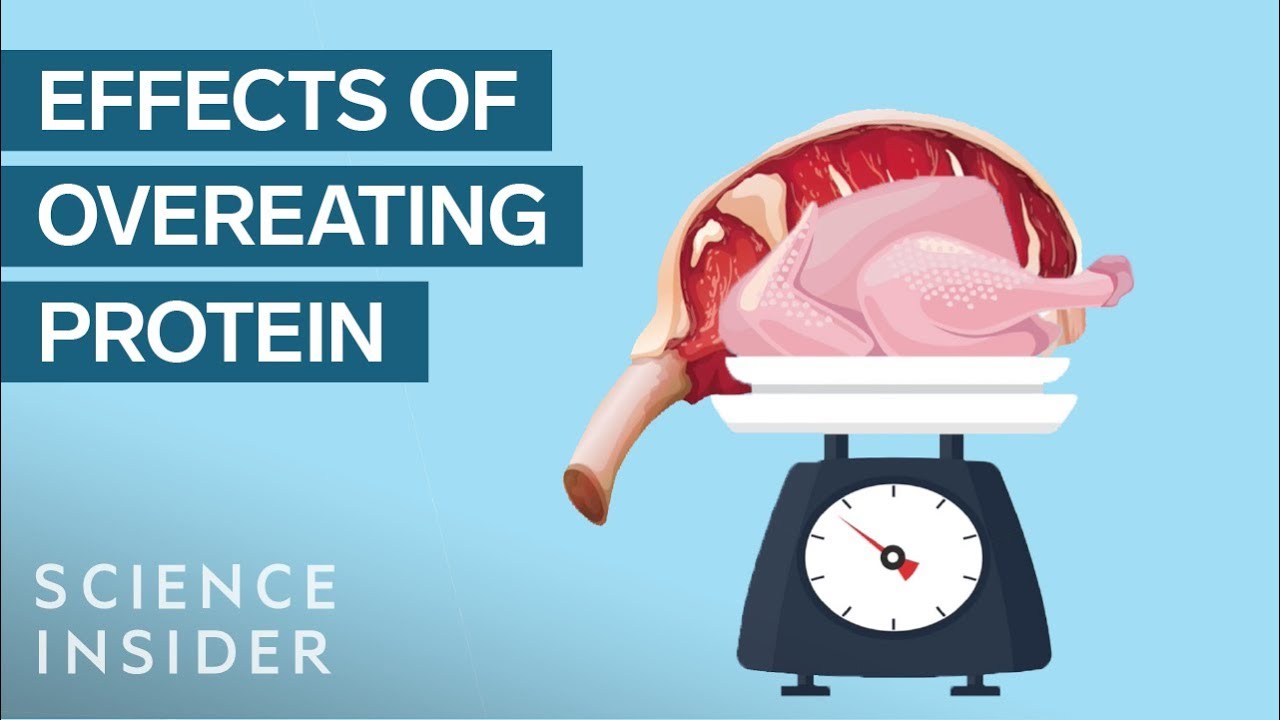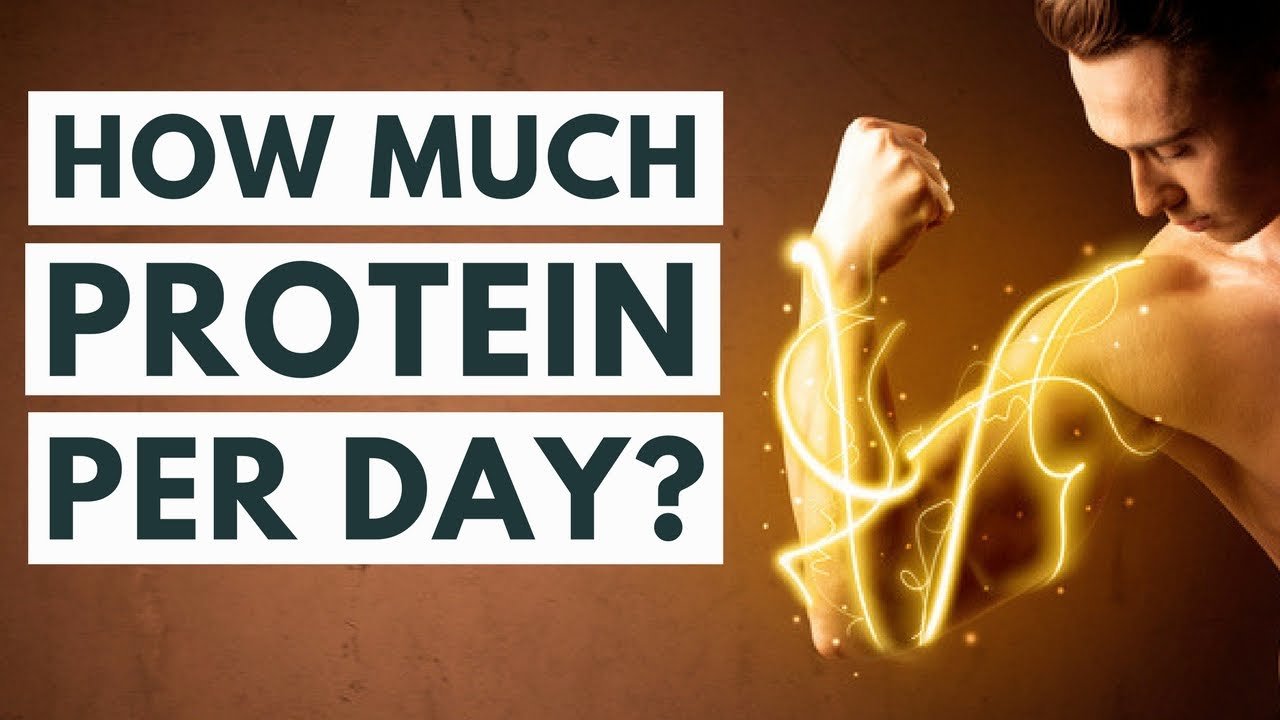The debate about how much protein to eat per day is still open. Its presence is key because it develops very important functions in the body, but there is speculation about the optimal proportions. The recommended daily amounts (RDA) are established by experts and serve to avoid a nutritional deficit. In the case of proteins, it is established at 0.8 grams per kilo of weight per day for both men and women with little activity.
However, many voices point to the need to adapt this amount to the physical characteristics of each person and their personal circumstances. In some cases, exceeding this range does not have to be negative if it is carried out in the margin of a balanced diet.
What is protein and what does it do?

Proteins are a type of large and complex molecules made up of a large number of amino acids. They are essential in the body as they perform extensive vital functions and without them some health problems may appear:
- They are part of the antibodies necessary to protect us from pathogenic viruses and bacteria.
- At the enzymatic level they allow the chemical reactions that take place on a daily basis. In addition, they facilitate the formation of new molecules.
- Some proteins are messengers and serve for the passage of information and the coordination of biological processes between cells, tissues and organs.
- They have a structural role as part of the bones, muscles, tendons, skin, etc.
Unlike carbohydrates and fats, the body cannot store amino acids. Hence it is necessary to replenish them daily to avoid possible negative repercussions on health.
What happens if we don’t eat enough protein?
As mentioned, we are in front of a very important nutrient in the diet. As there is no reserve of amino acids as such, in the absence of them it obtains them from the musculature at the expense of their degradation.
As a general rule, in developed countries the deficit is not common as it is present in a wide variety of foods. But if you eat little or the energy needs are very high, it may be the case of not ingesting the protein that should be eaten daily.
The most severe form of deficiency is Kwashiorkor disease. Although it is a deeper problem, since it is very localized in countries where famines or difficulties in accessing the food supply are common.
A poor or insufficient protein intake is noticeable even at very low levels. In the long term, the consequences can be more serious and cause edema, fatty liver, hair loss, skin and nail problems, loss of muscle mass, increased risk of infections or increased risk of bone breakage.
There are some situations in which it may be necessary to eat more protein than the RDA indicates due to higher than normal needs or to obtain specific benefits.
Pregnant women
This is a period that is defined by rapid growth and development of the fetus. For this reason, protein is essential for the health of the mother and the future baby. A) Yes, the intake recommended by the experts is around 1.2-1.5 grams at the beginning and end of the period respectively.
Weight loss diets
Increasing the percentage of protein also benefits in the loss and maintenance of body weight. The reasons why this happens are changes in metabolism, energy intake and feelings of hunger.
Active people who want to gain muscle
The recommendations are valid for the general population and with a sedentary or low activity. Therefore, could be insufficient for people with active jobs, who perform regular exercise or who want to gain muscle mass.
Increasing this macronutrient contributes to increasing muscle mass and strength. This allows, with the proper stimulation of exercise, to repair and replenish the muscle fibers.
What happens if we eat too much protein?

There are a number of popular beliefs about the negative effects of excessive protein intake. Some of those mentioned are an increased risk of osteoporosis and kidney problems. However, at the moment science has not found enough data to verify it.
In reference to kidney health, the authors of this study published in the Journal of the International Society of Sports Nutrition they comment that «there is no reason to restrict protein intake in order to protect the kidneys in healthy individuals ».
Another reality is that of people who already suffer damage or a greater risk of kidney problems. In these cases, it is necessary to control it by following the advice of doctors.
Furthermore, the same authors point out that Although protein intake leads to renal calcium excretion, this does not result in increased bone loss. In contrast, the presence of growth hormone derived from protein intake plays a key role in bone formation.
However, when opting for higher protein diets it is necessary to pay attention and avoid that this affects the intake of the rest of the macronutrients. In no case is it advised that the main energy contribution comes from them.
Food to cover the amount of protein to eat per day.
Some foods stand out for the percentage of proteins in their nutritional composition and are considered the main sources of these. The fundamental classification is between those of animal and vegetable origin.
Proteins of animal origin
This large protein group includes products such as red meat, poultry, eggs, fish and shellfish. Much of the intake should come from lean meat (chicken or turkey); therefore, it is recommended to leave the red meat for an occasional consumption between 2 and 4 times a month.
In any case, it is advisable to choose fresh products and cook them at home. The preferred cooking methods are at low or medium temperatures and without direct contact with the fire. It is necessary to minimize the consumption of all those processed products such as sausages, cured meats, sausages, etc.
Fish and shellfish must be present as they also provide other positive nutrients such as omega 3 fatty acids and minerals such as phosphorus, copper, selenium or zinc. Some of the species that you can choose from are:
- Small blue fish: anchovies, mackerel, sardines, herring, etc.
- White fish: hake, cod, grouper or whiting, among others.
- Fruits of the sea: mussels, squid, prawns …
Last but not least we must mention the egg. The protein is concentrated above all in the white and, therefore, it can be consumed without problem at any time of the day.
Proteins in vegetables
Good amounts of protein can also be found in various plant-based foods. This means that today a vegan diet can be compatible with the minimum requirements of this nutrient.
This is achieved above all through legumes such as lentils, chickpeas, beans, or peas. In addition, you have to consider soy and its derivatives such as tofu and tempeh. Nuts and seeds provide small amounts, but allow all the necessary amino acids to be covered.
Discover all Foods rich in protein for vegans
When is a protein supplement recommended?
It is not difficult to achieve adequate amounts of protein through food, even in those situations with higher needs.
Only occasionally may it be necessary to use a supplement, as in the case of elite athletes with long daily workouts and bodybuilders. Sometimes your requirements can be too high to cover with food.
The use of supplements can also be recommended in those situations in which it is not possible to eat normally and, therefore, the minimum intake may be compromised.
In addition, in a timely manner they are a good solution for those who do not have time to stop to eat and they need something more complete and easy to transport.
Today, they are widely present on the market in the form of bars, flours, shakes, etc. but you must be careful when choosing them. Labels need to be read to avoid other less desirable ingredients such as sweeteners, caffeine, artificial flavors or aromas.
The strengths around the amounts of protein to eat per day.
Protein along with carbohydrates and fats are the main macronutrients that the body needs. All of them must be present in a balanced way. However, the percentages can change according to the characteristics and objectives of each person.
Safe protein intake ranges from 0.8 to 2 grams approximately per kilo of weight per day according to the needs of each person.
The best way to obtain them is through food. There are very varied sources between meat, fish, eggs, legumes or those derived from soybeans. Taking supplements should only be done occasionally, in very specific cases and under the advice of a professional.
